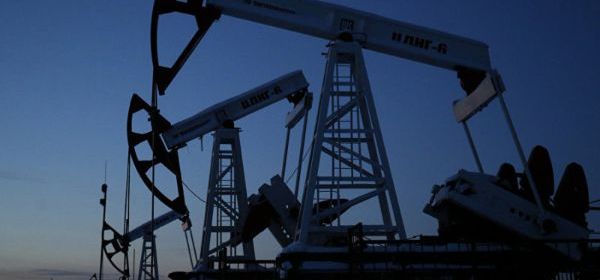
Oil
Nigeria’s Oil Output Hits 1.8m BPD Amid Global Market Uncertainty
Nigerian crude oil prices remained steady as investors weighed the potential impact of a proposed US-Russia deal to end the Ukraine war on global oil flows.
Bonny Light crude broke a six-day losing streak, settling at $68.85 per barrel.
The US and Russia are negotiating an agreement that could formalize Russia’s control over occupied Ukrainian territories.
However, securing support from Ukraine and European allies remains uncertain.
Meanwhile, former US President Donald Trump recently hiked tariffs on Indian imports to 50% as retaliation for purchasing Russian oil, with similar threats looming over China.
Despite Western sanctions targeting Russia’s oil revenue, market players have adapted to supply disruptions caused by geopolitical tensions, tariffs, and sanctions. In a sign of this flexibility, Chinese refiners recently purchased Russian Urals crude, a grade they typically avoid.
Nigeria’s crude production rose to 1.8 million barrels per day (bpd) in July—the highest in over five years—driven by improved onshore operations and fewer pipeline disruptions.
Indigenous firms are playing a larger role as international oil companies scale back.
Enhanced logistics, including barging by operators like Neconde, have boosted exports from the Ugo Ocha terminal to 65,000 bpd. The Petroleum Industry Act (PIA) of 2021 has also revitalized the sector, introducing streamlined regulations through the NMDPRA and NUPRC.
The Dangote refinery hit a record high in July, importing 590,000 bpd of crude.
However, only 40% (220,000 bpd) came from Nigerian grades like Bonny Light and Escravos, while 60% (370,000 bpd) was sourced internationally.
Cheaper US crude and increased OPEC+ supply have made foreign barrels more attractive than some local alternatives.
Despite an NNPC agreement allowing naira-denominated crude purchases, Dangote has struggled to secure consistent domestic supply, with actual deliveries falling short of commitments.
As global oil prices dipped over 7% in August, Nigeria’s resilient production and regulatory reforms position it for stronger market influence—even as external uncertainties persist.
